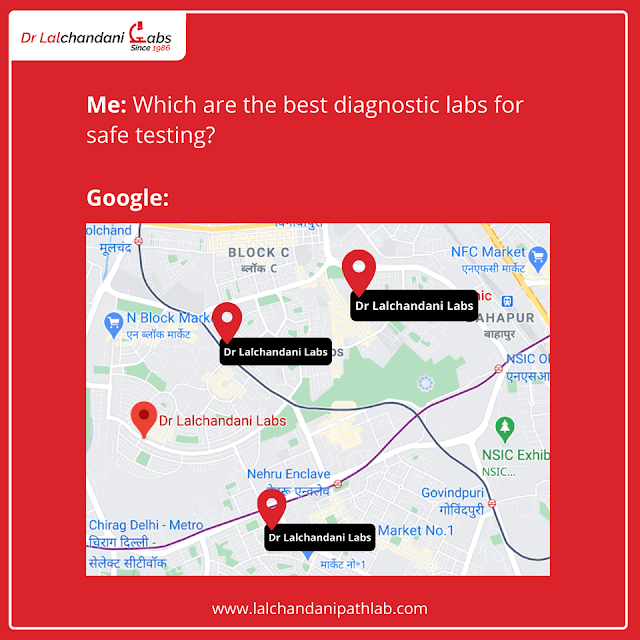The term ‘cardiology’ is a dedicated study of heart and blood vessel diseases and their treatment. A doctor with a degree or study of the heart is referred to as a cardiologist.
The cardiologist is licensed to diagnose the disorder through the symptoms and tests and treat them. Although even the best cardiologists are not cardiac surgeons so they cannot perform any heart or cardiovascular surgeries. However, they can suggest one when needed.
Cardiovascular disease has a different definition from heart disease. While the disorders of the heart do not include blood vessels or the outer surface of the heart, cardiovascular disease is the disorder of both the heart and blood vessels (arteries, ventricles, valves of the heart).
Cardiologists are allocated among adult cardiology and paediatric cardiology (Children’s heart specialist). A paediatric cardiologist specializes in children’s cardiovascular and heart conditions and may or may not diagnose or work with adults.
Diagnostic tests in cardiology are listed as procedures of identifying and assessing the condition of the heart and pathological functions of the cardiovascular system on the suggestion of a cardiologist. Medical history plays a vital role in moving further with the tests and treatments.
The heart is the circuit of the body and pumps blood from the body, through the lungs and back out to the body. Each function of the heart can be suspected to function failure. Disorders of the heart or vascular system can lead to significant deaths, it is one of the leading reasons for death in India and the United States of America.
Primary tests that diagnose heart or cardiovascular disorders:
- Electrocardiogram (ECG)
- Chest X-rays
- Echocardiogram
- Cardiac Catheterization and Angiogram
- Magnetic Resonance Imaging (MRI)
- Computerized Tomography (CT) of the Heart
- Transesophageal Echocardiogram (TEE)
- Special Heart Rythym Testing
Symptoms of Disorders:
● Chest Pain
● Fainting or severe weakness
● Rapid or irregular heartbeat associated with chest pain and short breath
● Foamy mucus
● Swelling of abdomen
● Lack of appetite along with nausea
● Continuous cough with heavy chest pain
See your doctor when:
1. You see the symptoms are resistant over three-four days.
2. If sudden chest pain starts overtaking breath, Call 108 immediately.
3. Do not allow any sign to dwell up.
Three other diseases that can cause heart disorders:
- High Blood Pressure
- Obesity
- Type- 2 Diabetes
Excessive Hypertension
Comments
Post a Comment